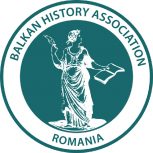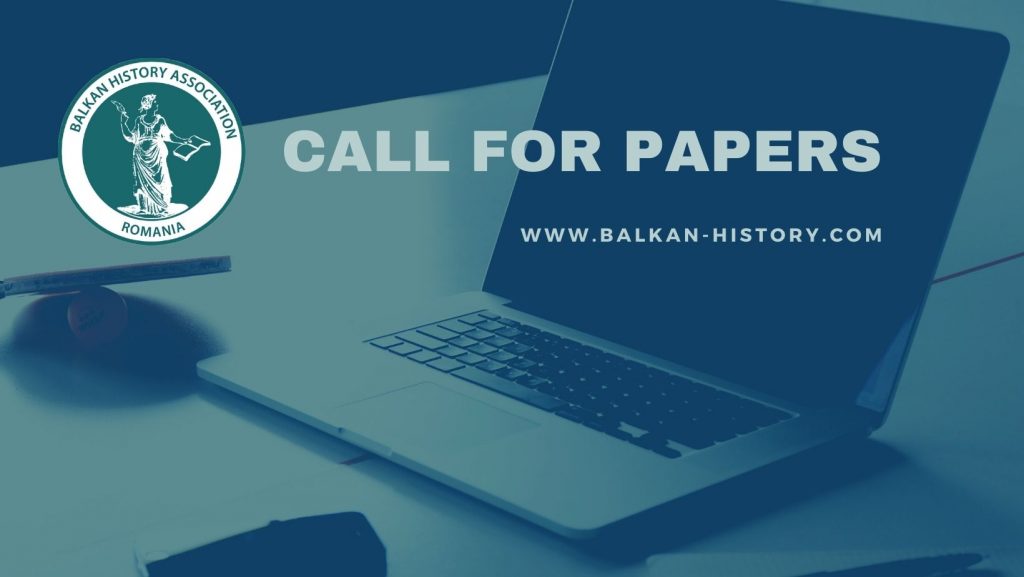Opulent mines in the Balkans were undoubtedly very important for Rome. Control over mineral extraction in the provinces of Dacia, Pannonia Superior, Pannonia Inferior, Moesia Superior, Moesia Inferior, Dalmatia, and Macedonia was crucial for the economic and political survival of the Roman Empire. Between the 1st and 4th centuries, the mines of Southeast Europe provided precious metals used by the mints of the Empire. In contrast, mines of iron and other metals were an important source of raw materials for the production of weapons for legions that defended the limes at the Danube from the invasion of the Germanic peoples. While politically and economically important, mining largely affected urbanization, social differentiation, and cultural interaction. The most important mining settlements in the Balkans were Apulum and Alburnus Maior (Romania), Domavia (Bosnia and Herzegovina), Montanensium (Bulgaria), Timacum Minus (Serbia), and Ulipana (Kosovo). Numerous archaeological finds, such as epigraphic monuments and temple remains, show that these mining districts were settled by people from all parts of the Roman Empire. The fact that emperors personally visited these mines and delegated responsibility for their administration to individuals they trusted shows the importance of the mines in this part of Europe for the Roman Empire.
The Balkan History Association invites you to submit papers referring to the Roman mines in the provinces of Pannonia Superior, Pannonia Inferior, Macedonia, Dalmatia, Moesia Superior, Moesia Inferior, Dacia. Suggested themes regarding Roman mining in the Balkan provinces include: methodological research of the Roman mining, administrative organization of the Roman mines, supervision and administration over human and material resources, the origin and development of the mining settlements, religion in the mining districts, social structure of the population of the mining districts, the connection between the Roman army and mines, and narrative sources. The volume will be published by Peter Lang (Series “South-East European History”) under the auspices of the Balkan History Association.
Submission procedure
The volume will be published by Peter Lang (in the series “South-East European History”). Original manuscripts should be prepared following the editorial guide of Peter Lang available on its website, especially “Style Guidelines – British English” and “Submission Guidelines“. Manuscripts must not have been published, submitted for publication or available on the internet elsewhere. Interdisciplinary work is particularly welcome. Please submit your proposal, including the title of your manuscript, an abstract (up to 300 words), and an author’s biography (up to 100 words) to all editors. The abstract should include the research question and purpose, the approach and main ideas, and results. No figures, tables, footnotes, or endnotes should be included in the abstract. Articles should not exceed 8,000 words in length including footnotes and references (reference list or bibliography).
Deadlines
15th, December 2021: Submission of the proposals to editors
1st January 2022: Notification of accepted proposals
1st September: Receipt of final chapters for peer-review
1st November: Revised chapters re-submitted to editors
15th December: Approved chapters submitted for publishing
Editors
Amra Šačić Beća (University of Sarajevo), amra.sacic@ff.unsa.ba
Florian Matei-Popescu (Institute of Archaeology “Vasile Pârvan”, Bucharest), florian.matei@gmail.com
Olga Pelcer Vujačić (University of Montenegro, Historical Institute), olgapv@ucg.ac.me
Ivo Topalilov (Institute of Balkan Studies and Center of Thracology, Sofia), itopalilov@yahoo.com
Nadežda Gavrilović (Institute of Archaeology, Belgrade), nadia011@yahoo.com
Ersin Hussein (Swansea University), ersin.hussein@swansea.ac.uk
Filippo Carlà-Uhink (Potsdam University), filippo.carla-uhink@uni-potsdam.de
Please circulate this call for papers among your colleagues and other potentially interested scholars.

